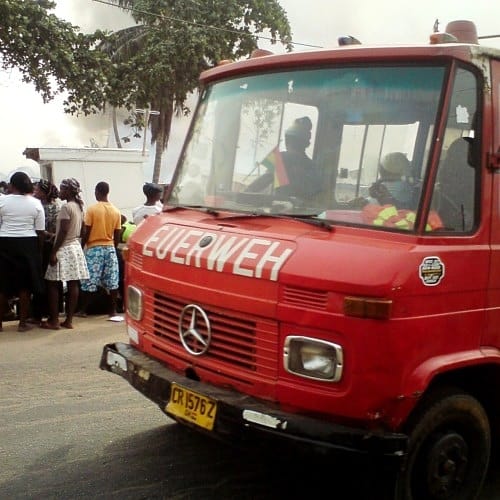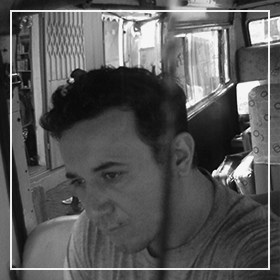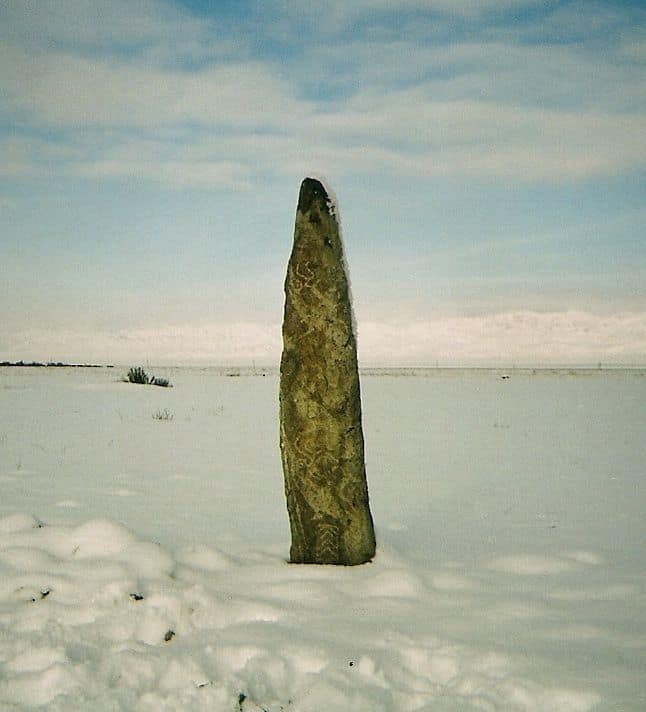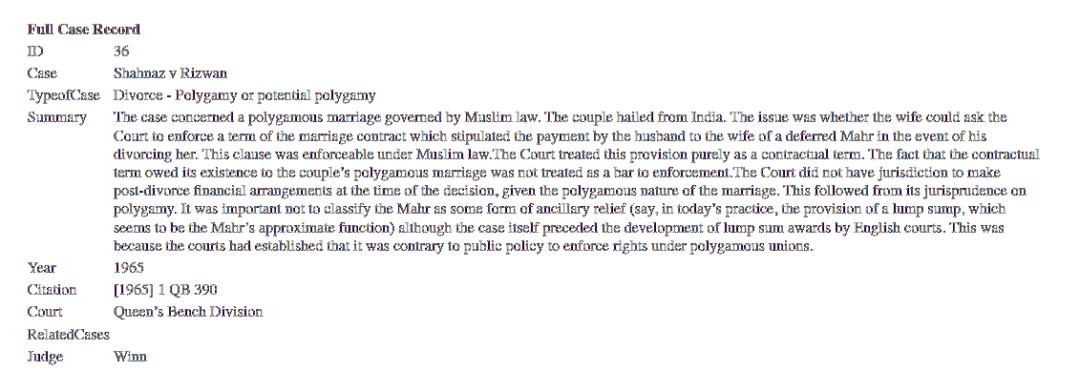EUER WEH – German for ‘your woe‘, reads the car inscription on the bonnet. An unwitting meaning, residue of the former German fire truck, which had FEUERWEHR written on it. Apparently, the first and last letter (‘F’ and ‘R’) went missing in the course of its transformation into a tropicalized Ghanaian passenger bus. The picture, too, was captured unwittingly. I was documenting some of the shop interiors at my main field side, a central bus station in Ghana’s capital Accra. And I therefore had my camera at hand when all of a sudden people began rushing towards the nearby railway tracks, where a large fire broke out. The car then passed through my camera frame while I was taking pictures of the fire (note the billows of smoke in the background). Within minutes, the fire destroyed a whole slum area, making hundreds homeless. There was no fire truck whatsoever. It was a woeful day for many.
<<<<<<<<<<<<<<<<<<<<<<<<<<<<<<<<<<<<<
Call for contributions: *Bus Stations in Africa*
Bus stations are among the most prominent locations of everyday social and economic activity in Africa. The African lorry park, motor park, gare routière or terminal rodoviário is a hub of travel, transport and mobility; a centre of trade, commerce and the informal service industry; and a nodal point for the circulation of value, knowledge, meaning and ideology. Issues pertaining to social, cultural, economic and political domains fold together in Africa’s bus stations in exceptionally dense ways. Comparable to African marketplaces, they are sites of proliferous encounters, frequently accommodating a dizzying multiplicity of people, practices, activities and relations. Yet as Paul Nugent (2010: 96) has recently remarked, while ‘markets have received their fair share of academic treatment, lorry parks have not received nearly enough attention as interactive spaces’. Indeed, nearly all studies related to African bus stations appear to have emerged as subsidiary products of research on other subjects.
While building upon the scattered body of works on African bus stations, in this collection of articles we want to put the ‘interactive space’ of the station at the centre of attention. We invite Africanist researchers from all disciplinary backgrounds to present their approaches to the significance, multifunctionality and diversity of what Polly Hill (1984: 215) has suggestively termed ‘peoples’ airport[s]’ in Africa. We welcome historical and contemporary perspectives on bus stations in both urban and rural settings. Contributions should be grounded in thick empirical descriptions and address the bus station space from one or several of the following angles: the prominence of stations as somewhat infamous places of work, trade, travel, commuting, loiter and crime; their perhaps more hidden quality as sites of dwelling, refuge, conviviality, rumours and everyday cultural production; their critical role in African (auto)mobilities, road regimes and infrastructures; and/or their intricate relation to changing dynamics of (urban) governance, (de)regulation, privatisation and the political economy at large.
If interested, please send a 500-word abstract to Michael Stasik (michael.stasik@uni-bayreuth.de) and Sidy Cissokho (sidy.cissokho@ed.ac.uk) by May 1, 2017. Please forward this call to all those who might be interested, and feel free to contact us if you have any further questions.





